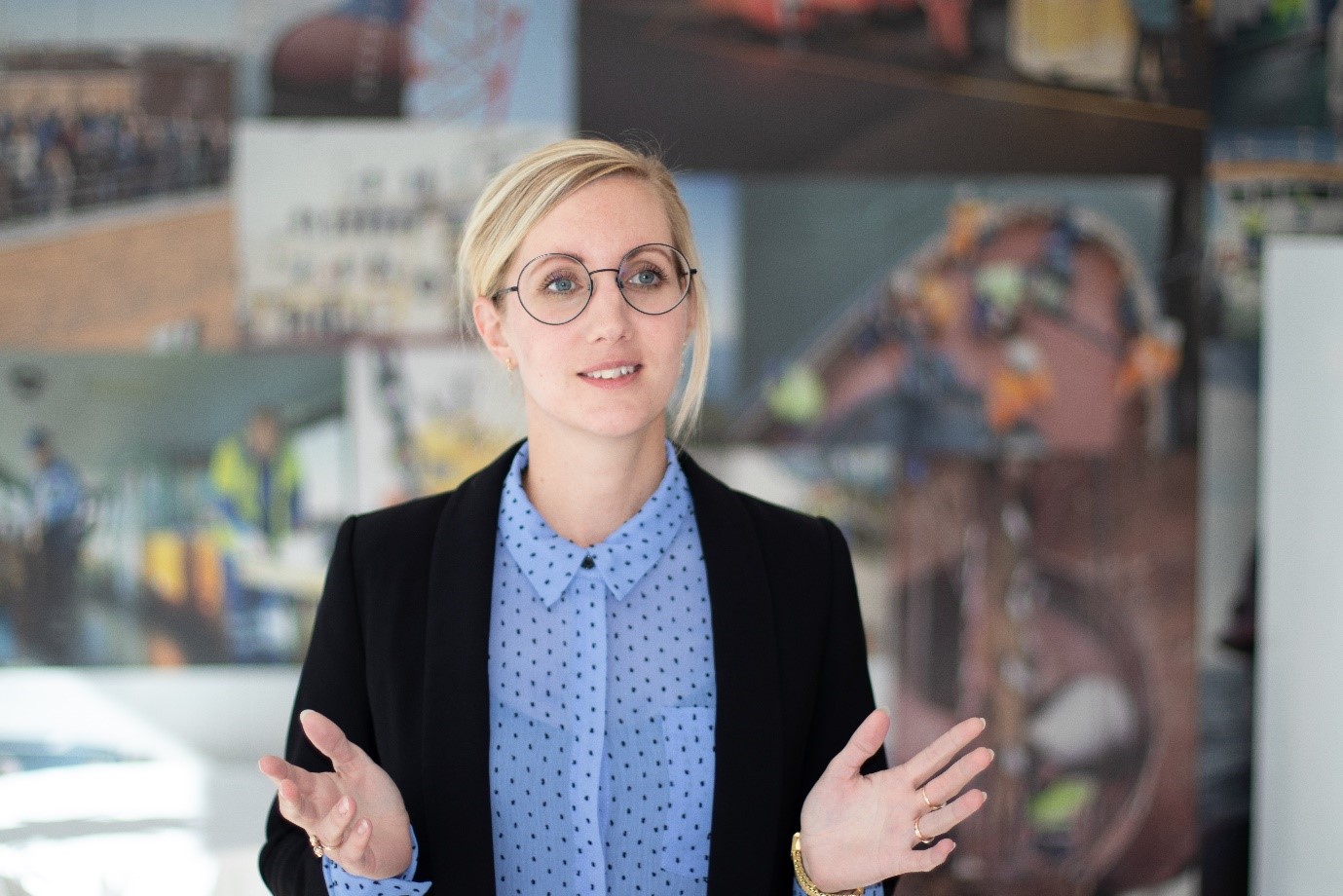
Simone Staal Kibæk, Director of the Zero-Emission Shipping Mission
In June, the first three MI Missions were launched. All are now working toward ambitious goals to rapidly scale up clean energy and clean transportation solutions.
Simone Staal Kibæk, director of the Zero-Emission Shipping Mission, was recently interviewed by the Mission Innovation team. Simone is a special advisor at the Danish Maritime Authority. Prior to her appointment as director of the Zero-Emission Shipping Mission, she was leader of the authority’s climate team, which is responsible for policies related to decarbonising shipping at the national, Nordic, EU and IMO levels.
What makes the Zero-Emission Shipping Mission unique? Why do we need extraordinary international collaboration efforts to reach climate goals in international shipping?
Shipping is the backbone of international trade, accounting for approximately 80 percent of global transportation measured by volume. But shipping is also responsible for 2-3 percent of global GHG emissions. Bringing it to zero is challenging due to the industry’s global and competitive nature, vast energy needs and the uniqueness of each vessel. It is a systemic change requiring close collaboration across the maritime ecosystem.
The Zero-Emission Shipping Mission stands out in its ability to bring together states, companies, and non-state actors across the maritime and energy value chains, to demonstrate that zero-emission shipping is indeed possible and commercially viable. Additionally, the very international nature of the maritime sector requires a solution that enables and facilitates international public-private collaboration across regional and global value chains. The commitment made by the leading nations in the Zero-Emission Shipping Mission is a strong indicator of the willingness and ability to collaborate across sectors and borders to reach climate goals and make shipping’s decarbonisation journey possible.
How will the world look in 2030 if the Zero-Emission Shipping Mission reaches its goals?
If the Zero-Emission Shipping Mission achieves its goals, the industry will be well-positioned for a decade where zero-emission shipping rapidly diffuses through the market toward a fully decarbonised sector. Reaching the goal – ships running on zero-emission fuels make up at least 5 percent of the global deep sea fleet, and ensuring that at least 200 ships primarily use zero-emission fuels across the main deep sea shipping routes – will involve large-scale demonstration projects that show policymakers and the industry what is possible and allows the large-scale transformation of the maritime ecosystem to proceed at pace.
What was the greatest challenge setting up the Mission?
Scoping the Mission was a challenging task, including engaging partners, agreeing on a 2030 goal and drafting the Implementation Plan. However, the greatest challenge still lies ahead of us. The decarbonisation of international shipping requires efforts that jointly address three interdependent elements: ships, fuel infrastructure and scaling of zero-emission fuels.
The greatest challenge in operationalising the Mission and succeeding will be to ensure that the different actors in the value chain – from nations and fuel producers, to port and terminal operators, to ship owners – commit, collaborate and deliver at the same time and across sectors. Innovation and technical solutions lie at the core of the Mission; however, we will also heavily rely on strong enabling regulatory frameworks.
What are the Mission’s plans for the near future?
The Mission was launched in June 2021 and is already operational, with leading maritime and energy nations participating, but the Mission would welcome engagement from more partners.
The first main effort involves the identification of the major innovation needs for international shipping to decarbonise, as well as work on a Mission Roadmap to 2030.
The Mission will also be attending and participating at COP26, presenting our findings, facilitating cooperation and aligning our efforts with the clear call for action coming from the maritime and energy space.